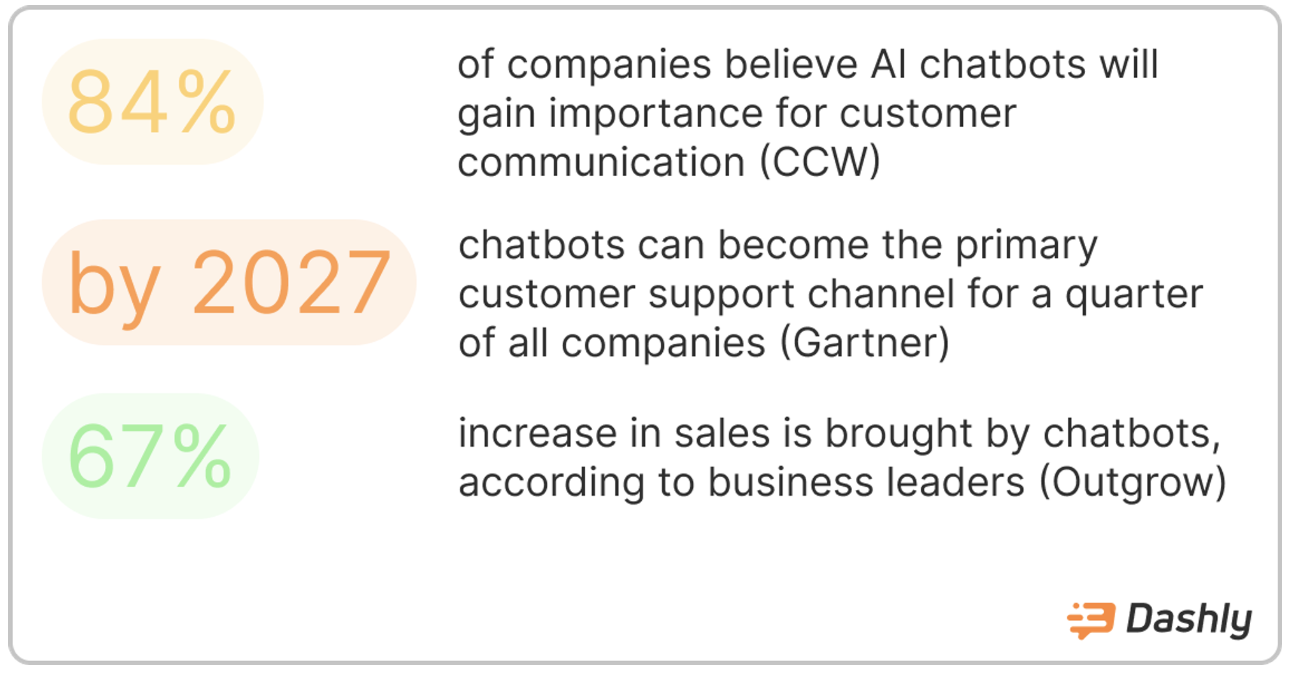
Introduction
In the world of technology and innovation, staying ahead of the competition is vital. Enter the era of Artificial Intelligence (AI) - a game-changer that’s reshaping the way businesses operate, innovate, and engage with customers. If done the right way, businesses can leverage this tool and heighten their e-commerce processes. Read this article to learn how your business can take on AI to make the most of all it’s benefits.E-commerce & AI
The global e-commerce market is booming with sales expected to total $6.3 trillion worldwide in 2024 according to Shopify. This number is expected to continue growing over the next few years, proving that the e-commerce business model is becoming an increasingly lucrative option for companies. In this digital landscape, AI has emerged as a driving force, providing businesses with unprecedented capabilities to understand, predict, and respond to customer needs. Let’s delve into how AI is transforming the e-commerce landscape and how Sanka, a leading AI-powered solution, can be your secret weapon.1. Personalized Shopping Experiences
Imagine walking into a physical store, and the salesperson already knows your preferences, suggests items based on your past purchases, and even predicts what you might like. AI brings this level of personalized experience to the online realm. AI algorithms analyze customer behavior, preferences, and historical data to tailor the shopping experience. According to SalesForce, personalized product recommendations drive revenue. Visits where the shopper clicked a recommendation comprise just 7% of all visits, but 24% of orders and 26% of revenue. By implementing personalization strategies, brands gain the ability to transform each shopping interaction into a significant and gratifying experience. Indeed, tailored shopping experiences play a crucial role in fostering customer engagement, fostering loyalty, and enhancing retention in the modern retail environment. Moreover, personalization correlates with increased conversion rates and product sales, as AI facilitates seamless experiences that consistently leave shoppers feeling content with their purchases. Leveraging artificial intelligence, browsing data can be harnessed to dynamically showcase novel product assortments to online shoppers upon their visit to a store’s website. This proactive approach prevents customers from experiencing monotony by repeatedly encountering the same offerings, thereby igniting purchasing impulses, especially during impromptu instances, notably on mobile platforms.2. Product Recommendations
Ever wondered how e-commerce platforms seem to magically recommend products you’re genuinely interested in? That’s the power of AI at play. Recommendation engines are driven by sophisticated algorithms, that not only suggest products based on past purchases but also consider browsing history, wishlists, and trends. Recommendation systems play a pivotal role in the eCommerce sector, serving as indispensable tools for businesses. They enable companies to harness valuable customer data to customize their offerings, thereby enhancing overall customer satisfaction. By comprehending customer behavior and preferences, these systems furnish personalized recommendations to individual customers, resulting in more targeted marketing efforts, increased sales, and heightened customer loyalty.3. Streamlining Order Management
Order management is the heartbeat of any e-commerce business. From order placement to fulfillment, it’s a complex dance that requires precision and efficiency. AI streamlines order management through various means. Firstly, it accurately predicts future demand, optimizing inventory levels. Secondly, it automates order processing tasks, reducing errors and speeding up processing times. Additionally, AI adjusts prices dynamically based on demand and inventory levels, maximizing revenue. It also provides personalized product recommendations, detects fraud in real-time, and optimizes supply chain operations for efficiency. Customer service is enhanced through AI-powered chatbots and virtual assistants, while predictive maintenance reduces equipment downtime. This is where Sanka steps in, integrating AI into order management by optimizing inventory, automating processing, and personalizing recommendations. It also detects fraud, optimizes supply chains, and automates customer service. Additionally, it predicts maintenance needs and continuously improves processes.5. Chatbots and Customer Support
AI-driven chatbots are transforming customer support in the e-commerce realm. Chatbots are not just automated responders; they’re virtual assistants capable of understanding customer queries, providing relevant information, and even assisting in buying. They can engage a potential customer in a conversation and capture their contacts, deal with simple queries or introduce your service by telling about its main features. According to Dashly, more and more businesses are introducing this technology into their marketing routine and customer support processes. By 2024, the global chatbot market is expected to reach $994 million.